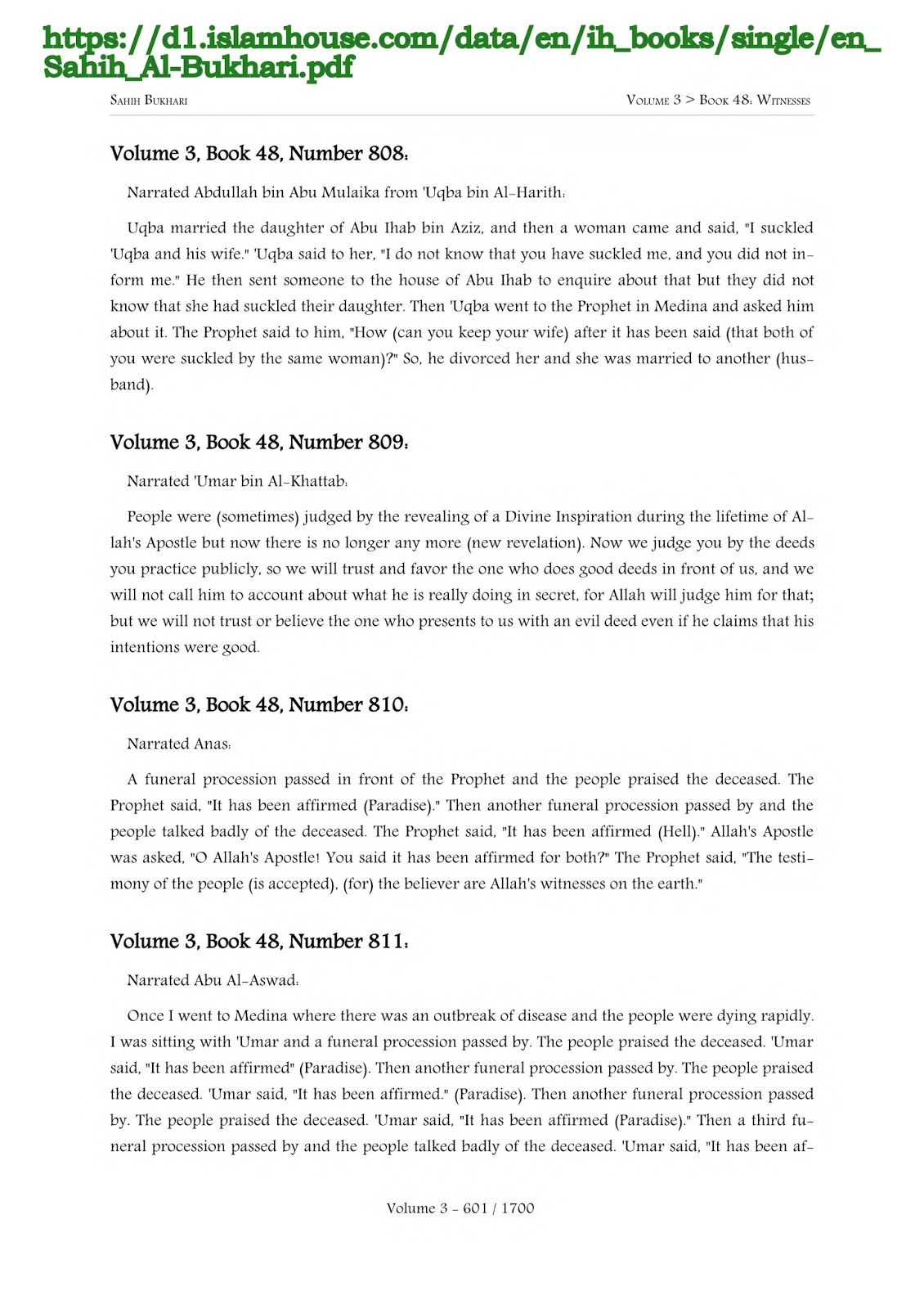Lesson # 1095 from
Holy Qur-’aan
The courageous people are helped by God Almighty
Surah ‘TAWBAH or BARAAA-‘AH (REPENTANCE) –
Chapter – 9)
Stage – 2, Verse – 51 of 129, Section – 7 of
16 (Part – 10)
BisMIllaahir-Rahmaanir-Rahiim
In the name of God, the Beneficent, the Merciful
|
51. Say: Naught befalleth us save that which
Allah hath decreed for us. He is our Protecting Friend. And in Allah let
Believers put their trust!
|
51. Qul-lany-yusii-banaa ‘illaa
maa katabAllaahu lanaa.
Huwa Maw-laanaa. Wa
‘alAllaahi
fal-yata-wakkalil-Mu’-minuun.
|
Lesson
It is
extremely foolishness of a mankind if he is happy with the problems of others
and begins to sing with joy; finding himself saved from that problem, and sings
the melody of the goodness of his planning a scheme. A misconception is seated
in the heart under this behavior i.e. a mankind brings problems on himself due
to his own ignorance, and whoever is saved from the problems; he takes
precaution in advance by his own forethought.
If it be
considered thoughtfully, this conception prevents the mankind from the works of
very boldness and courage. And ultimately, because of being careful, from which
problems he was desirous to be saved, he suffers from more serious problems
than those; due to being excessive careful and cowardice.
Holy Qur’aan
does not give more importance to the worldly comfort and relief. It declares:
Be ready to obey the Commands of God Almighty. Comfort and relief of this world
are temporary things. Like this, calamity and toil during stay here is not
timorous. Every human being enjoys and suffers comfort and calamity in any form
during the life of this world. In both forms he should incline towards Allah
Almighty and obeying His Command must be determined as his actual aim.
In this
verse, such formula has been told to the Muslims, due to which they begin to take
the calamities of the world nothing. And they begin to do such work, in which neither
they care about any comfort and nor any calamity.
It is
commanded: Say (to these Hypocrites): Which comfort and calamity have to come,
will certainly come; according to the Command of God Almighty. We should fix imagination
in our hearts higher than these both things, so that their impression may not
prevent us from useful matters. That is; Allah Almighty is our Protecting
Friend and Guard. Whatever He will give us, in that certainly, there shall be
something better for us.
Therefore,
it is the magnificence of a Believer that he gives his all matters in the
charge of God Almighty and engages himself in His obedience for sacrificing everything
(his wealth, body and soul etc.). He trusts in Allah Almighty, which means that
he puts his entire powers and strength for carrying out the Commands of his
Lord. And the calamities do not make him mean-spirited, because he believes
that God Almighty will help him.









